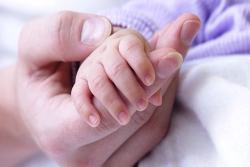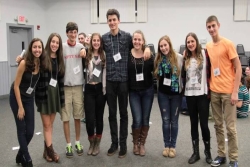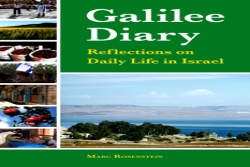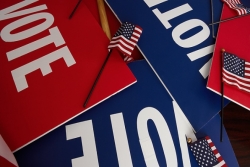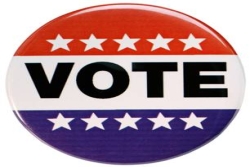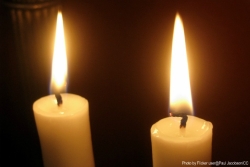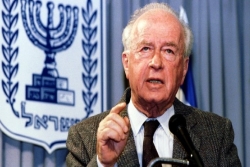It's Elul: 6 Ways to Get Ready for the High Holidays
Finding Shabbat When the Holiday’s Magic Seems to Have Disappeared
When my son Sammy was in preschool, Shabbat was magical.
Lessons in Parenting: My Kids Don't Believe in God or Love
One of the most surprising things for me as a parent has been how different my kids are from me. I guess it was naïve, but I thought it would be natural for kids to be like their parents (though one could point out that I have turned out very differently than my own parents).
Tapping Into Potential Energy: Jewish Teens Look to the Future
“Leadership is about moving the stored energy in society to where it can be best utilized,” said community organizer Andrew Slack at the inaugural New York Area Jewish Teen Leadership Summit, sponsored by the Union for Reform Judaism and the
Rabbis in Training
Rabbi Joshua ben Perachya said: Make for yourself a teacher (rav), get yourself a study partner, and give every person the benefit of the doubt in judgment.
-Mishnah, Avot 1:6
Forever Song: A Poem for Psalm 145
The prayers and poetry of our liturgy (services) come from many places. Psalm 145, also known as the Ashrei, is a part of the morning liturgy.
Getting Ready for Election Day
Election Day in the United States is just a few days away, and we hope that those who are able to are planning to exercise their democratic freedom and vote this Tuesday, November 4!
Vote “Yes” on Question 4 at the Ballot Box this Election Day
It is all too common for workers today to face heart-wrenching choices between their job and caring for themselves or an ill loved one.
Shabbat: A Break from Busyness as Usual
There is so much left at the end of the day for which I have no time or energy that I often wonder if I'll be able to get to some of the projects on my to-do list before Pesach.
Remembering Prime Minister Yitzhak Rabin
It was Saturday evening, November 4, 1995 – the 12th of Heshvan, 5756 – when Israeli Prime Minister Yitzhak Rabin joined hundreds of thousands of Israelis at the square in front of Tel Aviv’s City Hall as the main speaker in a rally: "Yes to Peace; No to Violence.”


